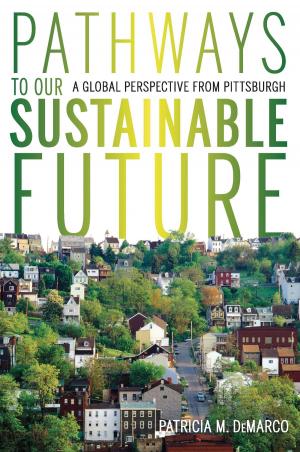| Author: | ISBN: | 9780822982906 | |
| Publisher: | University of Pittsburgh Press | Publication: | September 29, 2017 |
| Imprint: | University of Pittsburgh Press | Language: | English |
| Author: | |
| ISBN: | 9780822982906 |
| Publisher: | University of Pittsburgh Press |
| Publication: | September 29, 2017 |
| Imprint: | University of Pittsburgh Press |
| Language: | English |
March 2015 should have been a time of celebration for Brazil, as it marked thirty years of democracy, a newfound global prominence, over a decade of rising economic prosperity, and stable party politics under the rule of the widely admired PT (Workers’ Party). Instead, the country descended into protest, economic crisis, impeachment, and deep political division. Democratic Brazil Divided offers a comprehensive and nuanced portrayal of long-standing problems that contributed to the emergence of crisis and offers insights into the ways Brazilian democracy has performed well, despite the explosion of crisis. The volume, the third in a series from editors Kingstone and Power, brings together noted scholars to assess the state of Brazilian democracy through analysis of key processes and themes. These include party politics, corruption, the new ‘middle classes’, human rights, economic policy-making, the origins of protest, education and accountability, and social and environmental policy. Overall, the essays argue that democratic politics in Brazil form a complex mosaic where improvements stand alongside stagnation and regression.
March 2015 should have been a time of celebration for Brazil, as it marked thirty years of democracy, a newfound global prominence, over a decade of rising economic prosperity, and stable party politics under the rule of the widely admired PT (Workers’ Party). Instead, the country descended into protest, economic crisis, impeachment, and deep political division. Democratic Brazil Divided offers a comprehensive and nuanced portrayal of long-standing problems that contributed to the emergence of crisis and offers insights into the ways Brazilian democracy has performed well, despite the explosion of crisis. The volume, the third in a series from editors Kingstone and Power, brings together noted scholars to assess the state of Brazilian democracy through analysis of key processes and themes. These include party politics, corruption, the new ‘middle classes’, human rights, economic policy-making, the origins of protest, education and accountability, and social and environmental policy. Overall, the essays argue that democratic politics in Brazil form a complex mosaic where improvements stand alongside stagnation and regression.















